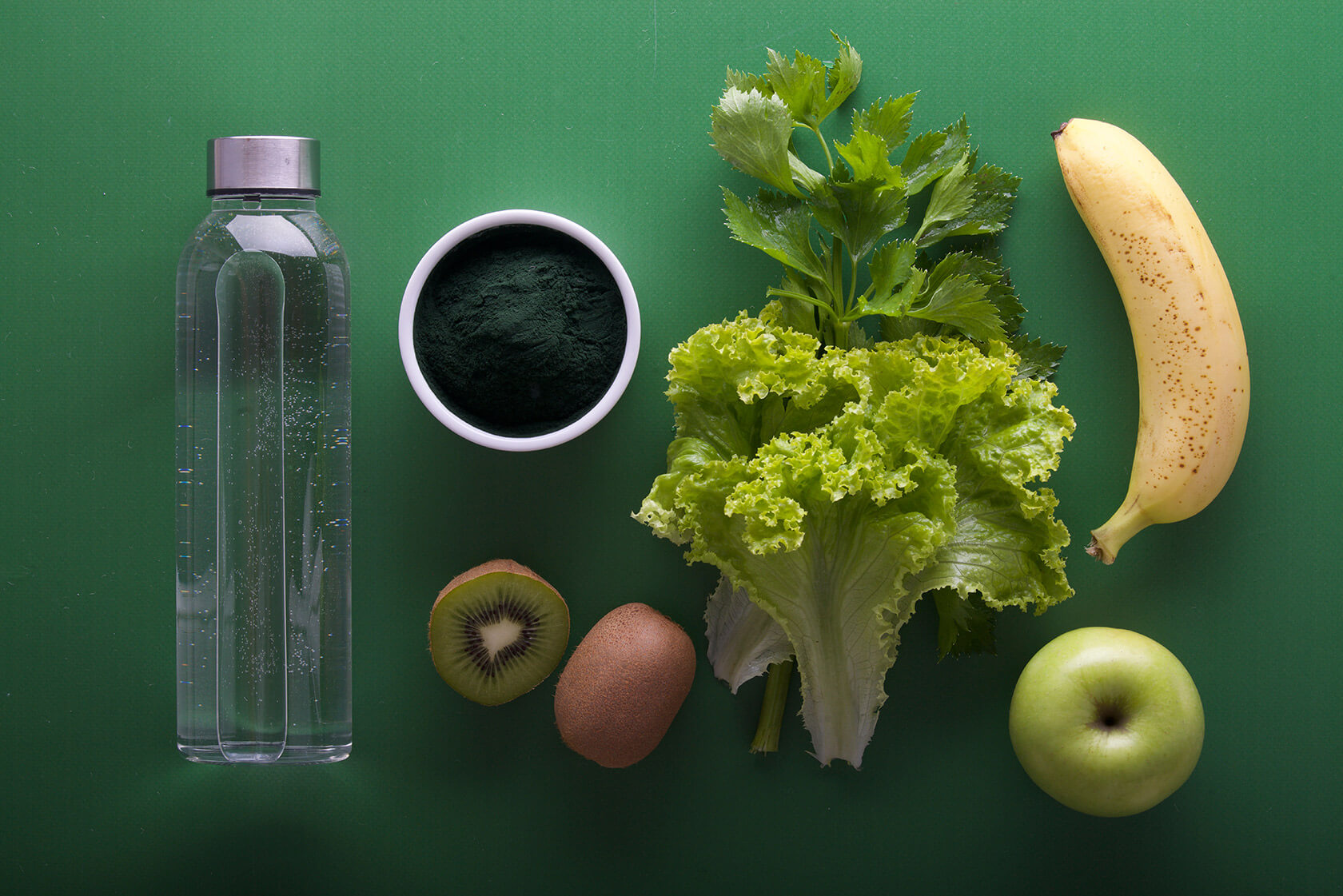Eating right and keeping fit is the first line of defense, not only to elevate wellness but also to prevent illness. However, a lesser-discussed facet is the environment of our intestine, or gut, which houses the microbes that break down food, manufacture vitamins, and train our immune system. An assessment of our internal biome gives us our health report.
In a healthy human being, there is a symbiotic relationship between the gut microbes and the human host. There are 10 to 100 trillion microbes in the human intestine. That’s quite a population! All of these tiny organisms make us who we are.
Fiber Fix: Consuming diverse plant-based meals offers fibers called prebiotics, which feed the good bacteria in the gut. The fermenting of these fibers releases short-chain fatty acids, which reduce inflammation and beef up immune-supporting fighter T-cells. Fermented foods are full of live bacteria called probiotics, which strengthen the mucosal lining, prevent the growth of unfavorable pathogens, and prevent respiratory infections owing to the channel we now know as the ‘gut lung axis’.
It is suggested that healthy adults eat between 20 and 35 gm of dietary fiber each day. 50% of your fiber intake should come from cereals, 30-40% from vegetables, 15-16% from fruits, and the remaining 3% from other minor sources.
Vitamin B12, which is synthesized by the gut flora, is most needed for optimal neuronal functioning and myelination
Mental Connect: A significant aspect of good gut health is, believe it or not, tied to mental wellness. Expert opinions state that the gut is our ‘second brain’. A healthy gut can control appetite and weight, moderate metabolism, enhance the absorption of vital nutrients, help manage anxiety, depression, irritable bowel syndrome, and prevent several neurological disorders.
There is a definite connection between gut health and the brain, as evidenced by the increased risk of Parkinson’s disease, autism, anxiety, and depression amongst those with gut dysbiosis (increase in bad bacteria over good bacteria). Even your happy hormones are produced in your gut and transported to the brain. The axis from your gut to your brain is a pivotal one, so if you have an inflamed gut, the transport of good hormones and necessary neurotransmitters from your gut to your brain breaks down like a barricaded highway.
Immune Fix: Today, people worldwide are afflicted with infections and environmental pollution, compromising the body’s immune system. It would help if you had a vast diversity of good gut flora in your intestine to maintain good gut health. After all, we are only ten percent human; the rest of us is all microbes.
Taking care of all the little buddies inside us is paramount to keep our body at its highest caliber. So, keep junk foods, refined grains, excess sugar, and salt at bay. Eat more vegetables, fruits, fermented non-grain foods, and fats that increase the short-chain fatty acids production in the gut.
Another term you must know when talking about gut health is ‘dysbiosis’, which is the imbalance in the gut’s microbe composition (overgrowth of pathogenic bacteria overwhelming the helpful ones) and the root cause of many human diseases. In the current period, a majority of patients in the gastric and surgical outpatient departments are suffering from ‘dysbiosis’. Dysbiosis has been associated with many conditions – from irritable bowel syndrome, inflammatory bowel diseases, colorectal cancer to obesity, other metabolic disorders, to even autism.

Good Gut: Our digestive system works 24×7 with a phased-out rhythm of breaking down and building up substances needed for our health and well-being. Thus, the right quantity and quality of food at the right time is critical to support our digestive system.
The stomach works like a grinder. To churn the food taken in, there needs to be some space and fluid along with the food. So, there must only be 1/3rd food, 1/3rd liquid (water is the best), and 1/3rd empty space, which means always eat a few morsels less than a full stomach. Balanced nutrition is a mix of complex carbohydrates, adequate proteins, healthy fats, along with dietary fibers, vitamins, and minerals that bring life-sustaining quality to an individual. Dinner should be balanced with complex carbohydrates and light proteins and fats. This will help in easy digestion with minimal supportive bile needed.
Vitamin B12, which is synthesized by the gut flora, is most needed for optimal neuronal functioning and myelination. Vitally important to a healthy central nervous system functioning, Myelination is the process of formation of lipid-protein sheaths around axons of neurons that allow nerve cells to transmit information faster, aiding more complex brain processes.
Food as Medicine: Ayurveda speaks of ‘ritu sandhi’, which is the junction period of two ‘Ritus’ or seasons – the final days of the previous season changing to the initial days of the next one and is marked for a gradual shift from your habits and practices from the old season to the new one, essentially preparing your gut for seasonal changes.
Ayurveda believes you become the food you eat, and improper digestion is the root cause of all ailments. Ayurveda enlists 13 successive stages of digestion and metabolism that not only keeps a steady physical homeostasis (state of balance) but also supports the brain and other nervous system functions. Gut health thus becomes the crux of all treatment plans in Ayurveda.
The food we consume plays a very important role in maintaining good gut health. It determines the bacterial composition in your gut. Everyone needs a healthy spread of organisms, and an important way of bringing these into our system is through food. We must strive to make our inner body as rich and varied as the collection of our life’s experiences, and honor and practice the deeds that help us do so.


2 Comments
ifji9
buy generic inderal 10mg – how to buy inderal methotrexate 2.5mg pills
s8nt6
purchase amoxicillin pill – order ipratropium 100 mcg without prescription order combivent generic